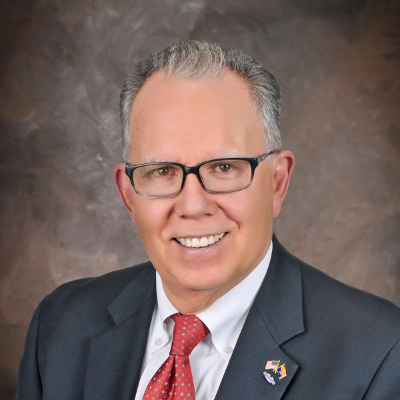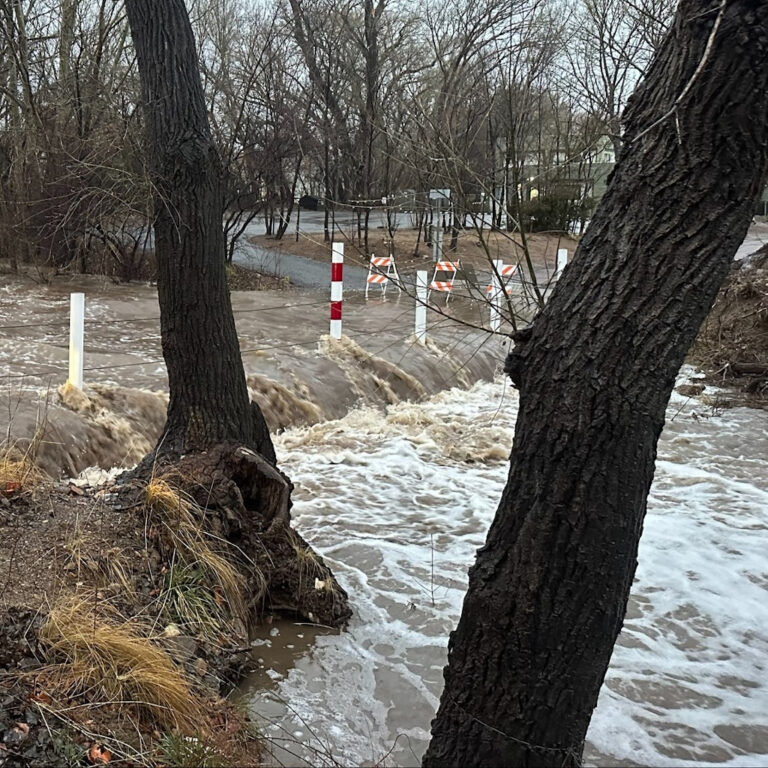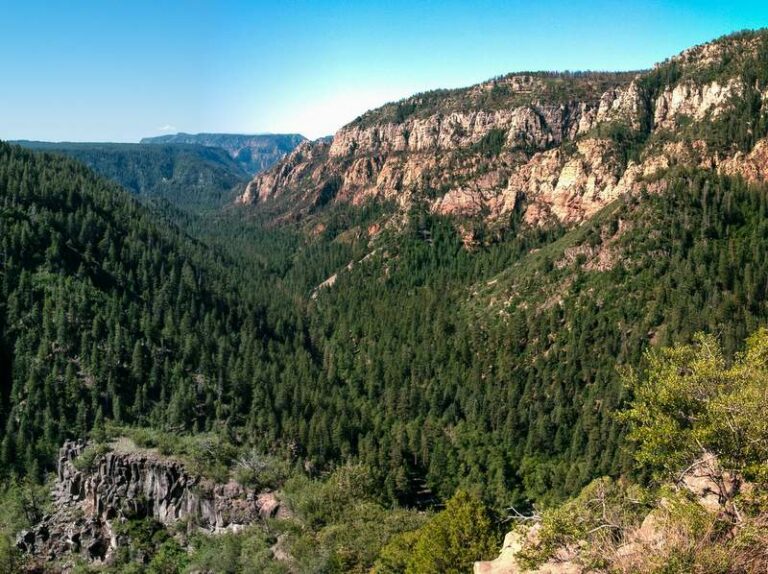
Mayor Weekly Update for April 15, 2024
Hello, I’m Mayor Phil Goode with your weekly update for April 15, 2024.

Hello, I’m Mayor Phil Goode with your weekly update for April 15, 2024.

Statement from Prescott City Council As the governing body of the City of Prescott, the City Council takes seriously its obligation to protect confidential and

All city meeting notices are posted at least 24-hours in advance of the meeting on the City Council Agenda Portal and on the bulletin board

Notice is hereby given that the Prescott City Council will consider and possibly adopt new and increased fees and charges on the Citywide Fee Schedule.

Hello, I’m Mayor Phil Goode with your weekly update for April 8, 2024.

Hello, I’m Mayor Phil Goode with your weekly update for April 1, 2024.

Why Update the Flood Hazard Maps In cooperation with the Federal Emergency Management Agency (FEMA), the City of Prescott (City) has been working on an

Mayor Phil Goode Letter for April 1, 2024 Preparing for Wildland Fire Season in Prescott This time of year, the Prescott area enters wildland fire

Public notice is hereby given that the City of Prescott Council will hold a public hearing to discuss and review changes to land use assumptions

Citizens often have questions regarding City procedures. If you have a question or comment regarding City services, policies, or procedures, or would like to request a meeting with a City representative, please complete the Citizen Inquiry Form.